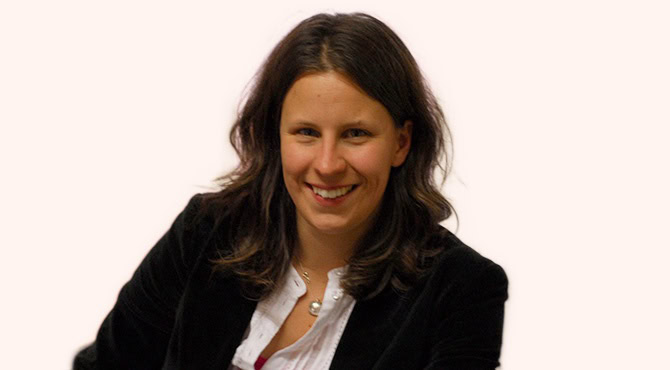REPAIR Scholarly Talk by Alison Powell
Repairing Systems and Stories: Reflexivity and reciprocity in social imaginaries of technology
Narratives about technology’s place in the world are significant in shaping how infrastructures are developed. Optimistic stories of technology’s promise are familiar, as well as more pessimistic assumptions that digital technologies erode human relationships as well as creativity. These stories are unhelpful not only because they centre deterministic perspectives on technology, but because they direct attention away from the complex ways that social life and technology entwine, including through processes of repair. Recent considerations of repair foreground the need for repair to be reflexive and consider what, how, and whether sociotechnical systems should be fixed when they cause damage to the relationships and ecosystems that are necessary for survival.
For twenty years my work has been concerned with the design and policy struggles surrounding communication technologies. From alternative internet infrastructures including meshed networks modelling anarchist principles to efforts at extending open-source software principles to connected devices and physical communications hardware and experiments with embedding social values into connected devices, many efforts have been made to shift narratives about powerful technology and to create relationships of possibility for alternative worlds sustained with technology – for example, models of non-hierarchical social relations modelled through mesh networks for internet access. These efforts often foreground reciprocity between technical design choices and political or social principles, echoing Ursula Franklin’s principles of ‘holistic technology design’.
In this lecture I argue that not only systems but stories about them need to be repaired. Stories about software and AI position the values and demands of Big Tech as inevitable, while the histories of alternatives disappear. The capacity to be reflexive about aspects of sociotechnical practice should be repaired can also benefit from renewed attention to reciprocity. Pushing back on powerful stories by imagining and building otherwise is essential for developing cultural repertoire necessary to develop repair thinking, culture and practice. I hope this lecture inspires efforts towards more reciprocity.
**
Alison Powell is Associate Professor in the Department of Media and Communications at LSE and serves as Programme Director for the MSc Media and Communications (Data and Society). Alison’s research addresses the discourse, design and context for technologies in the public interest.
Past projects have examined values and ethics in technology start-ups, the moral economy of software production, and the roles of citizens in smart cities. Current research focuses on democratic decision-making in data-driven public sector contexts, including in urban planning and health and care.
Alison published Undoing Optimization: Civic Action in Smart Cities with Yale University Press in 2021. Alison’s participatory research practice of data walking is widely used in public consultation, teaching, and community research worldwide.



